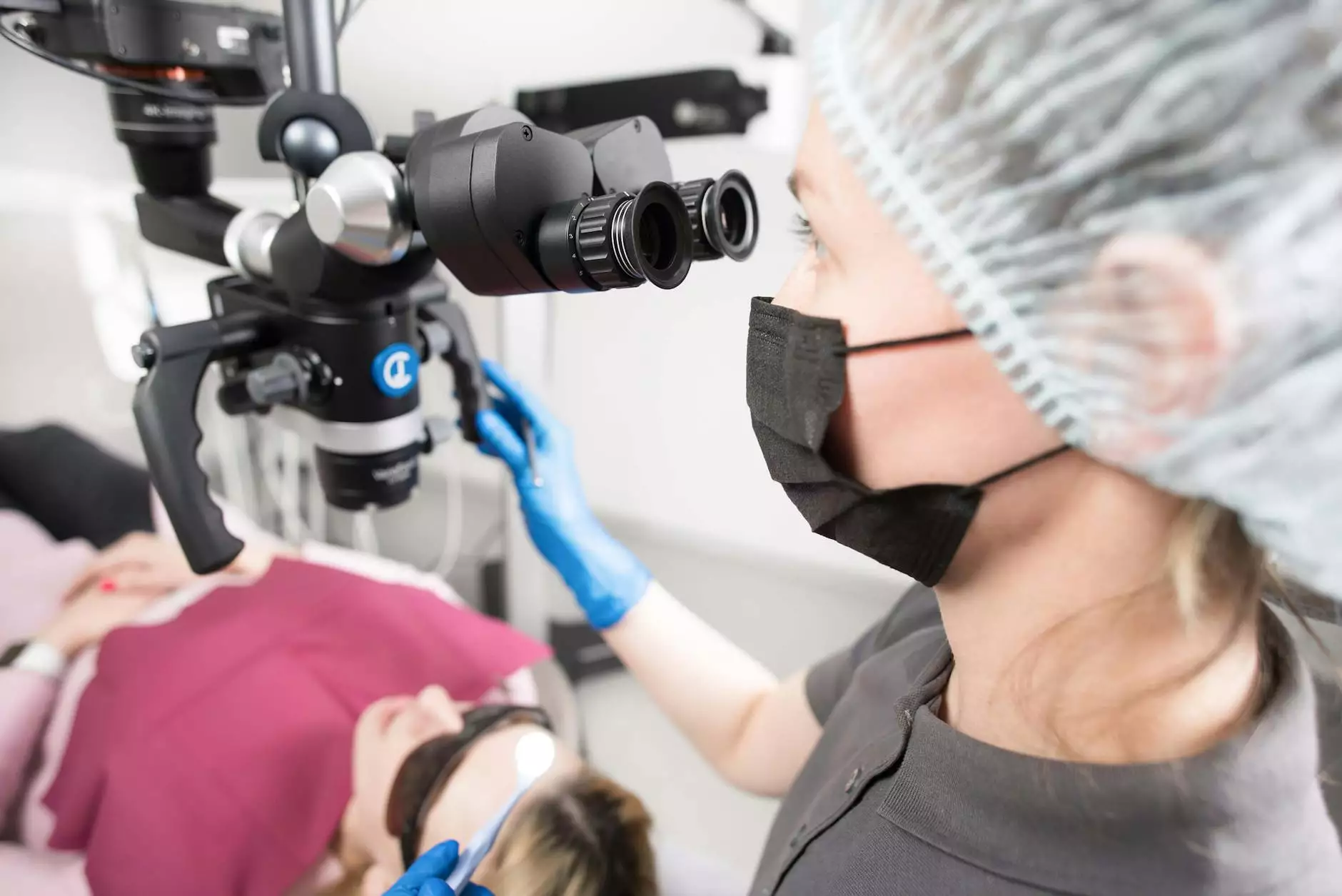Understanding the Cost of Elbow Surgery: What You Need to Know

When faced with elbow surgery, one of the most pressing questions you likely have is, “how much does elbow surgery cost?” The answer isn't straightforward as there are multiple factors to consider. This article delves deep into various aspects of elbow surgery costs, shedding light on everything you need to know before making a decision.
The Basics of Elbow Surgery
Elbow surgery is often required to treat specific medical conditions that can affect the elbow's functionality and quality of life. This might include conditions such as:
- Elbow Fractures: Broken bones around the elbow joint.
- Tendinitis: Inflammation of the elbow tendons, also known as tennis elbow or golfer's elbow.
- Osteoarthritis: Degeneration of the elbow joint.
- Ulnar Nerve Compression: A condition often referred to as cubital tunnel syndrome.
Understanding the reasons behind the need for elbow surgery can help you prepare for the costs associated with it.
Factors Influencing the Cost of Elbow Surgery
The average cost of elbow surgery can vary widely, usually falling anywhere between $8,000 and $30,000. However, several key factors influence this price range:
1. Type of Surgery Required
Different surgical approaches come with varying costs. For instance:
- Arthroscopy: A minimally invasive procedure often costs less than open surgery.
- Open Surgery: Involves larger incisions and tends to be more expensive due to increased operating time and resources.
- Reconstructive Surgery: This type often requires advanced techniques, resulting in higher costs.
2. Hospital and Surgeon's Fees
The choice of hospital and surgeon can significantly impact the overall costs. Notable factors include:
- Facility Type: Private hospitals tend to charge more compared to public facilities.
- Surgeon’s Experience: Highly experienced surgeons may command higher fees.
- Location: Surgery performed in metropolitan areas often costs more than in rural settings.
3. Insurance Coverage
Your health insurance plan plays a crucial role in determining your out-of-pocket expenses. Here’s what to consider:
- Deductibles: The amount you pay before your insurance kicks in can greatly influence your costs.
- Co-pays: Some insurance plans may require co-payments for surgical services.
- Network Status: Ensure your surgeon and the facility are within your insurance network for better coverage.
Detailed Breakdown of Elbow Surgery Costs
To give you an overview, here’s how costs can typically break down:
Pre-operative Costs
These can include consultations, diagnostic imaging (like X-rays or MRIs), and pre-surgical testing. Expect to pay:
- Consultation Fees: $100 - $500
- Imaging Tests: $200 - $2,000
- Pre-op Lab Work: $100 - $300
Intra-operative Costs
This includes the actual surgery, anesthesia, and the operating room costs. Here's what you might expect:
- Surgeon’s Fees: $1,500 - $6,000
- Anesthesia Fees: $500 - $1,500
- Operating Room Fees: $1,000 - $10,000
Post-operative Costs
Don't forget about your recovery phase. Post-operative costs may include:
- Follow-up Appointments: $100 - $300 per visit
- Physical Therapy: $50 - $150 per session, requiring multiple sessions
- Medications: Varies widely based on your prescription needs and can add up quickly.
Managing and Budgeting for Elbow Surgery Costs
Understanding the potential costs is the first step. Here’s how to effectively manage and budget for elbow surgery:
1. Check with Your Insurance Provider
Contact your provider to understand what is covered under your plan, including:
- Eligibility for surgical procedures.
- Deductibles and out-of-pocket maximums.
- Any requirement for prior authorization.
2. Get Multiple Estimates
Don’t settle for the first quote. Get multiple estimates from different facilities and surgeons to compare costs. This helps:
- Identify the average pricing for your specific surgery.
- Negotiate better rates where possible.
3. Explore Payment Plans
Many hospitals and surgical centers offer payment plans. This can help you manage costs over time instead of a single, large upfront payment.
Conclusion
In conclusion, knowing "how much does elbow surgery cost?" is essential for informed decision-making. While the average costs can vary dramatically based on numerous factors – from the type of surgery to your insurance coverage – being equipped with this knowledge enables you to prepare adequately.
Planning ahead, understanding the nuances of your insurance, and exploring various financial options can smoothen your path toward recovery. Consulting with trusted medical professionals and financial advisors can further aid in your journey toward regaining the functionality of your elbow without overextending your finances.
For those contemplating elbow surgery, always remember: consultation with a reputable surgeon is crucial. They can provide tailored advice based on your specific condition and needs. More importantly, they can assist in addressing your concerns about costs and help you navigate your surgical journey seamlessly.









